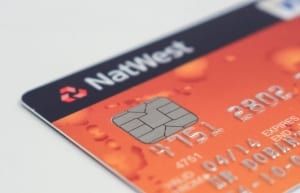Credit Dependency And How To Reduce It

Borrow Only When You Need it
If you are in the habit of borrowing money regularly, whether it be to maintain a certain lifestyle or make purchases you otherwise couldn’t afford, this is a sign you have a credit dependency. Ideally, you should only be choosing to borrow money when you really need to, for example, in an emergency when you have no available savings. Payday loans UK lenders are available for this reason to provide short term help when the unexpected happens. Borrowing this type of loan when you have no other available options is more justifiable than continuous borrowing for non-essential reasons. If you can avoid borrowing money to pay for purchases, this will reduce your credit dependency.
Start Saving More
The quickest way to reduce your overall credit dependency is to boost your savings each month. The more money you have put aside, the less you will need to rely on borrowing. If you are someone on a low income, the amount you can save maybe less than others, but even a small amount is a start. Eventually, you will have enough savings to cover any unexpected expenses or to put towards larger purchases such as a deposit on a property or vehicle. Whilst it can be easy to take out credit for big-ticket items you want, having money you can put towards a larger deposit will help decrease how much in total you need to borrow.
Review Non-Essential Spending
One of the main issues for those with credit dependency is having very little disposable income. If the majority of your income disappears quickly each month, leaving little for anything else, this could indicate your finances are overextended. The best way to find out why is to review your expenditure so that you can discover exactly where your money is going. What many people may find is once their essential bills are covered, they in fact do have disposable income but this has been depleted due to non-essential spending. It can be easy to spend a little every day without realising how much in total you are spending throughout the month. If need be, set a budget of how much you want to save from your disposable income and what you can spend on non-essential purchases. This way, you’ll reduce how quickly you run out of money each month and your credit dependency should reduce too.
Once you become dependent on credit, it can be difficult not to stay in this cycle. The risk can be eventually falling into financial difficulty where it will be even harder to resolve. By taking steps as soon as possible to reduce credit dependency, you can reduce debt and put money towards your financial goals.













Leave a Reply
Want to join the discussion?Feel free to contribute!